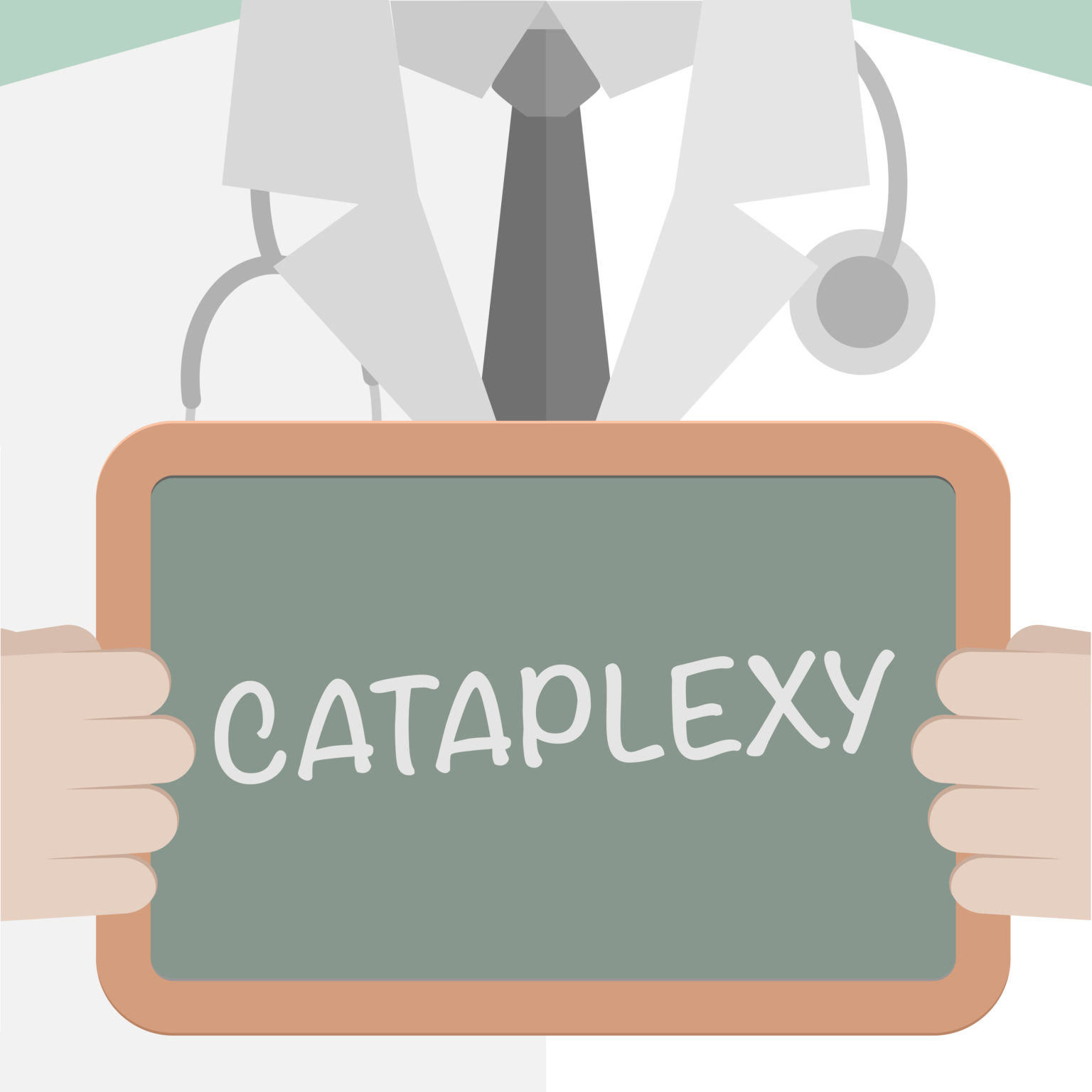

“This sensation of being awake but not being able to move can be broken by someone touching you,” says Dr. This latter episode is termed “ sleep paralysis.” The symptom can be brief, usually lasting only a few seconds or minutes, but it can make you feel helpless and be extremely frightening. But in people with narcolepsy, the paralysis happens at the wrong time, when they’re awake (which is cataplexy) or while they’re falling asleep or just waking up. When we enter the REM phase of sleep, we dream, and our bodies naturally paralyze the muscles so that we don’t act out our dreams and potentially injure ourselves while we sleep. (That’s why cataplexy is sometimes mistaken for a symptom of a seizure disorder.) Some people may experience only one or two cataplexy attacks in their entire lives, while others may have as many as several episodes a day. During episodes, people are typically awake and aware of what’s happening, even if they cannot control their affected muscles. Cataplexy attacks may be mild, such as a slight drooping of the eyelids, or can involve losing muscle control in the hands, knees, or in some cases, the entire body.ĭepending on what part of your body is affected, cataplexy may cause your head to nod, your hand to drop something, your speech to become slurred, or your facial muscles to go slack - or you may fall down or collapse as a result.Ī cataplexy attack may last for a few seconds or a few minutes, and it may go away on its own (meaning the person regains control of their muscles). It happens when an individual experiences a strong emotion, such as excitement, happiness, stress, surprise, anger, or fear. While it’s common for people with narcolepsy to experience one or more of these symptoms, fewer than one-third experience all of them.Ĭataplexy is the sudden, temporary, and uncontrollable loss of muscle tone and control. “Someone may present with cataplexy and then develop other symptoms,” says Eric Olson, MD, a professor of medicine and sleep medicine specialist at the Mayo Clinic and member of the board of directors of the American Academy of Sleep Medicine (AASM). Obesity and depression can contribute to daytime drowsiness, too, according to the American Academy of Sleep Medicine. Extreme sleepiness during the day is often a symptom of other illnesses. Severe daytime drowsiness is a common symptom of sleep disorders such as obstructive sleep apnea and insomnia, and it could also be a sign of diabetes or an underactive thyroid, notes the Sleep Foundation.People aren’t as aware of narcolepsy. Even though narcolepsy isn’t extremely rare - it affects about 1 in 2,000 people, according to the MedlinePlus - it’s a condition that often flies under the radar and is frequently overshadowed by other more well-known sleep disorders, like insomnia and sleep apnea.Or if they are present, they may be very subtle (a barely noticeable drooping of the eyelids, for example). Other symptoms usually show up later. Particularly in the early stages of the illness, more unique narcolepsy symptoms (such as cataplexy, which means experiencing sudden episodes of muscle weakness) often don’t appear until later, anywhere from weeks to years after someone gets the disorder.

Thus, the common symptoms many people with narcolepsy have that are related to inadequate sleep - mental fogginess, memory problems, trouble focusing or paying attention, or lack of energy - can look like the typical signs of the sleep deprivation that can come with having a packed schedule or being stressed, according to the Sleep Foundation. People are used to feeling tired on a routine basis. “Daytime sleepiness could be a symptom of many things, even just not getting enough sleep,” says Shelley Hershner, MD, a clinical associate professor of neurology and the director of the Collegiate Sleep Clinic at the University of Michigan in Ann Arbor, who has worked on narcolepsy quality metrics for the American Academy of Sleep Medicine (AASM).While excessive daytime sleepiness (persistent sleepiness during waking hours regardless of how much sleep you get the night before) is a key early symptom of narcolepsy, many people who have extreme fatigue during the day may not initially suspect that they have the condition.


 0 kommentar(er)
0 kommentar(er)
